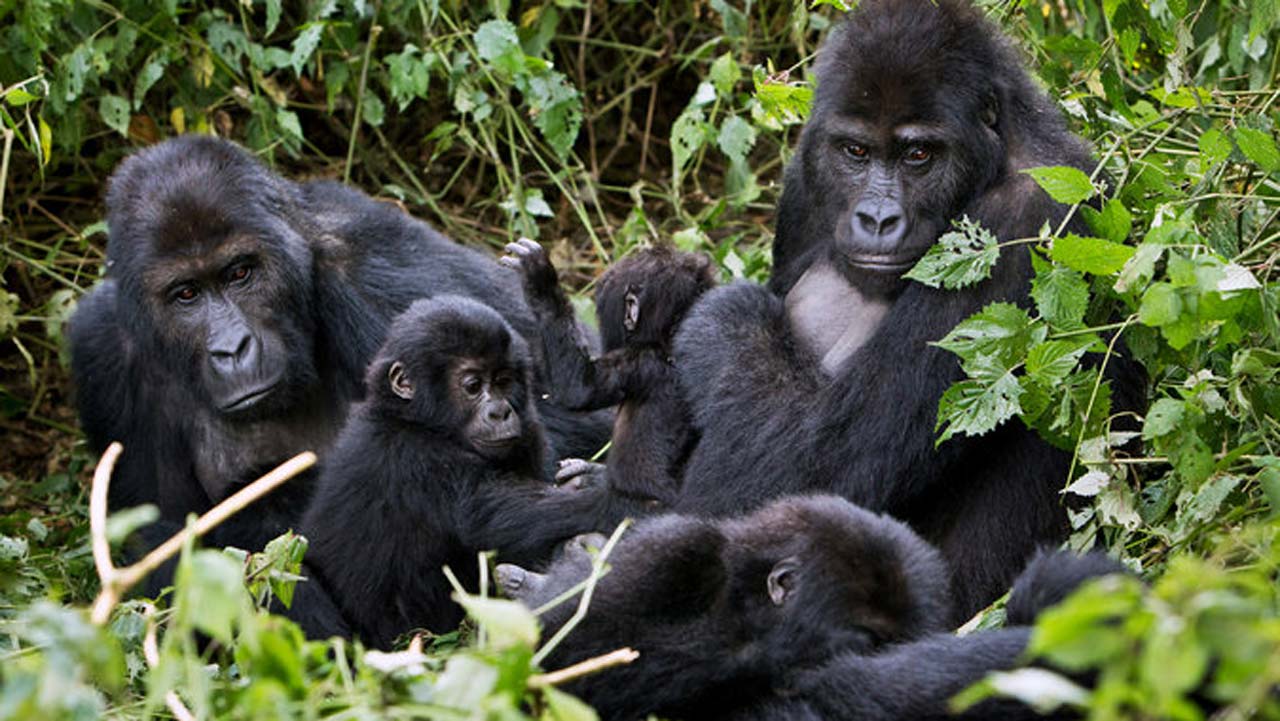
Professor of Wildlife Resources Management, Herpetology, University of Uyo, Akwa Ibom State, Professor Edem Eniang, has lamented the neglect of wildlife-based tourism in the country.
According to the international environmental management consultant, Nigeria, the third richest country in primate species in Africa, is yet to harness the enormous potential in the ecotourism subsector.He disclosed this yesterday while interacting with journalists in Uyo.
Eniang regretted that while countries such Democratic Republic of Congo (DRC) were earning billions of dollars in foreign exchange from mountain gorillas-based eco-tourism alone, Nigeria was hunting its very rare species of gorilla for meat. He was probably referring to the globally recognised Cross River gorilla (Gorilla gorilla diehli), a distinct sub-specie of western lowland gorilla, and endemic to Nigeria/south-western Cameroon.
“Nigeria is losing billions of dollars for not making conscious effort to develop the wildlife-based eco-tourism subsector. “Let’s take Uganda, for instance, where an average of $1,000 is paid per person to view mountain gorillas for just an hour, and they have at least 1,000 visitors per season.
“Yet other people also go to see other wildlife species and the landscape. The same tourists will lodge in the hotels, pay for local/international flights, car hire, local guides, buy souvenirs, eat food etc. Just check out, economically speaking, what that would do to its economy,” stated.Neglect of the sector, the don said, has scared potential investors, adding that a Japanese Primate Research Organisation had invested in gorillas and chimpanzees in Uganda, DRC, Rwanda and other African countries for up to 60 years, shunning West Africa with rarer species of those apes.
He challenged the federal and state governments to take urgent steps in drawing a Nigerian eco-tourism map showing direction to all the attractive sites. “So what conscious effort has the relevant governments/agencies made at the moment to generate eco-tourism traffic in the country based on this critically-endangered great ape? We must appreciate that this all-important specie of ape has been given to us as heritage.
But people are shooting them and destroying their habitats, instead of conserving them to generate the much-needed revenue as done in some parts of East and Central Africa,” he said.He called for the establishment of Marine Protected Areas and a Niger Delta Protected Area to serve not only as tourist sites but also for employment, climatic amelioration, balance of ecosystem services and safeguard of biodiversity.
Promising to offer his technical know-how in the running of such protected areas as he did to other countries in the past, he added: “Akwa Ibom State has the best Sclater’s Monkey viewing opportunity in West Africa and this was attested to by the Chief Conservation Officer, Global Wildlife Conservation, United States of America, when he visited Itam Monkey Project in Itu Council. “The monkeys in the Itam project are endemic, and government should join Itam people to promote the species and make the best from the project for the economic benefit of our people,” he said.



